KYC Uncovered: The Key to Crypto Trading and Finance
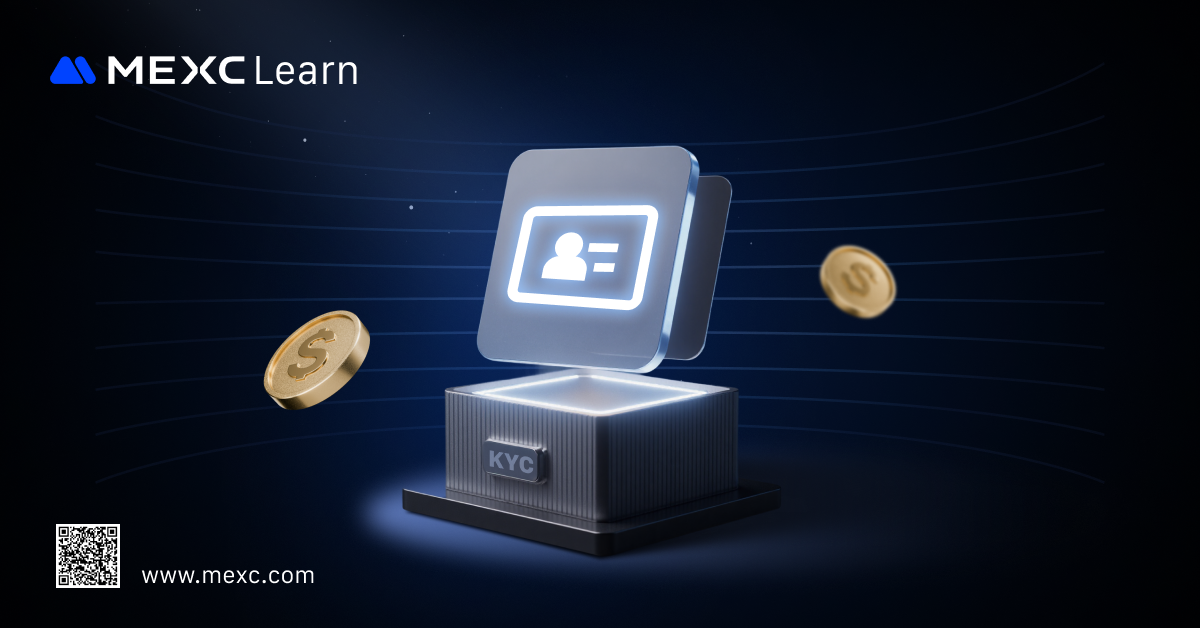
1. Abstract
2. What is KYC?
- Combating money laundering (AML)
- Preventing terrorist financing
- Curbing fraud and illegal capital flows
- Enhancing financial system transparency
3. Why Conduct KYC? What Are the Benefits?
3.1 Combating Financial Fraud and Identity Theft
3.2 Reducing the Risk of Money Laundering and Illegal Capital Flows
3.3 Improving Transparency and Stability in the Financial System
3.4 Enhancing Platform Credibility and Regulatory Compliance
3.5 Promoting Industry Standardization and Long-Term Growth
4. KYC Application Requirements
- Customer Identification Program (CIP): Users must provide basic personal information such as their full name, date of birth, address, and identification number to verify their identity.
- Customer Due Diligence (CDD): In addition to identity details, an assessment of risk level is required, including understanding users' financial situation, investment experience, source of funds, and intended account use.
- Enhanced Due Diligence (EDD): If users are identified as high-risk (e.g., a politically exposed person, linked to terrorism, or with unclear sources of funds), a deeper investigation is needed, such as verifying the origin of funds, conducting background checks, and ongoing monitoring.
5. KYC's Compliance and Legal Background
- United States: Bank Secrecy Act (BSA) and USA PATRIOT Act
- European Union: Anti-Money Laundering Directives (AMLD) and Payment Services Directive (PSD2)
- Asia-Pacific: Regional Adoption of Financial Action Task Force (FATF) Standards
- Global Level: Financial Action Task Force (FATF)
6. Why Should Cryptocurrency Users Complete KYC?
- Blockchain transactions are irreversible: Once a transfer is complete, it cannot be reversed; KYC helps track the source of funds.
- Wallets don't require real names: Users can create wallets anonymously, which facilitates illicit activities.
- Unclear tax and regulatory frameworks: Regulators rely on KYC to help platforms assist governments with audits and enforcement.
- Enhancing platform security and user protection: Verified users are more likely to receive support in cases of asset disputes or technical issues, such as account freezes or restoring access, thereby improving the overall safety of user funds.
7. Is KYC Contrary to the "Decentralized" Spirit of Cryptocurrency?
7.1 Why Does It Seem Contradictory?
- Decentralized wallets require no identity verification: Users can generate wallet addresses anonymously without providing personal information like name or address.
- KYC demands real-name authentication: Exchanges and wallet service providers under regulation must collect real user identities and take responsibility for monitoring transactions to comply with AML and CFT laws.
- Freedom vs. compliance: Decentralization emphasizes "financial freedom," while KYC focuses on "risk control and accountability."
- Centralized platforms vs. decentralized protocols: Most KYC rules apply only to centralized exchanges. True DeFi protocols such as Uniswap and MetaMask currently do not require KYC.
- A compliance gateway for fiat on/off ramps: KYC serves as a "compliance gate" for moving fiat money in and out of the crypto market, helping prevent criminal funds from entering mainstream platforms.
- Encouraging wider adoption: KYC increases institutional confidence and reduces regulatory friction, which can actually help blockchain technology gain mainstream acceptance.
8. What Are the Controversies Surrounding KYC? The Privacy, Security, and Decentralization Debate
8.1 Privacy Invasion and Conflict with Decentralization Ideals
8.2 Data Security and Risk of Misuse
8.3 Raising Barriers and Financial Exclusion
- People without proof of residence
- Those lacking identity documents or unable to be verified due to special status (e.g., refugees)
- Users from countries with underdeveloped banking systems
8.4 Higher Costs and Complexity for Users
9. Conclusion: Finding the Balance Between KYC and Crypto's Future
- Why Choose MEXC Futures? Discover the unique benefits and features that give MEXC an edge in Futures trading.
- Futures Trading Tutorial (App) A detailed walkthrough of how to trade Futures on the mobile app, perfect for beginners.
Popular Articles

Trade US Indices (NAS100, SP500, US30) with USDT on MEXC: Max 20x Leverage
The gap between Wall Street and Web3 just closed.MEXC is thrilled to announce the listing of USDT-Margined Perpetual Futures for the world's three most important financial indices: NAS100 (Nasdaq), SP
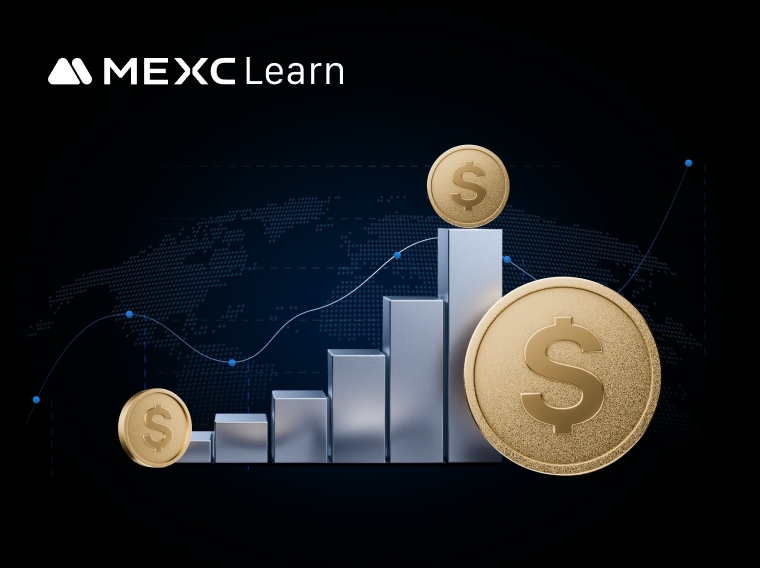
Why Smart Money Trades Copper (XCU) Perps on MEXC
When investors think of Copper, they often think of physical bars or slow-moving ETFs. That is how the "Old World" trades.But for the modern crypto trader on MEXC, the launch of COPPER (XCU) USDT Perp

Staking Rewards Crunch,Why ETH Yields Can Fall Even When Activity Looks “Fine”
Ethereum staking rewards come from a mix of protocol issuance (new ETH minted) and variable fee-driven components (priority fees and MEV). Over the past two years, the composition of that mix has shif

NFT Market Radar: Utility Narratives Re-enter the Conversation (Late Jan 2026)
Scope note (what this piece is—and isn’t)This “radar” summarizes what three recent articles reported about NFT-adjacent tokens and utility-themed use cases around mid-to-late January 2026. It does not
Hot Crypto Updates
View More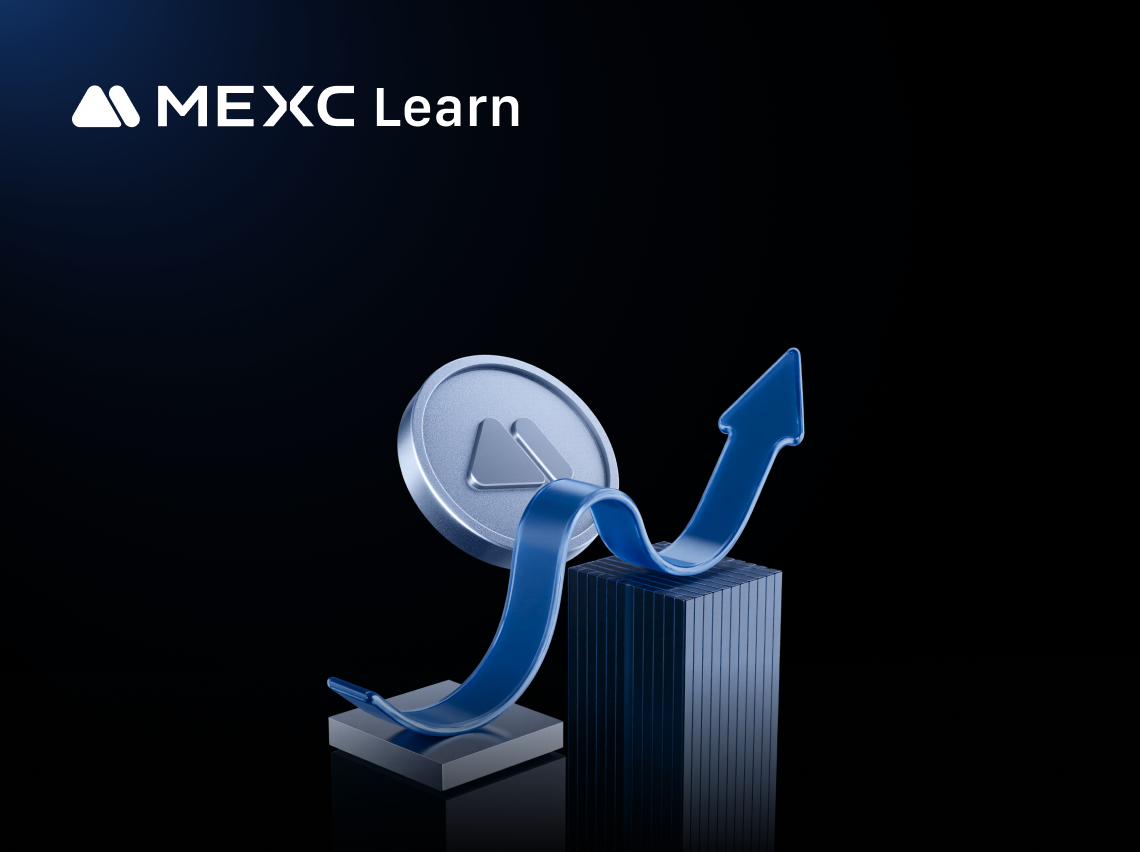
【BREAKING】2026 Gold Price Prediction: $5,000 Is Just the Beginning? Experts Forecast Peak at $7,000!
2026 gold price prediction deep dive: Goldman Sachs raises target to $5,400, JPMorgan forecasts $5,055, ICBC sees potential $7,150. Explore three core drivers, XAUT tokenized gold opportunities, and
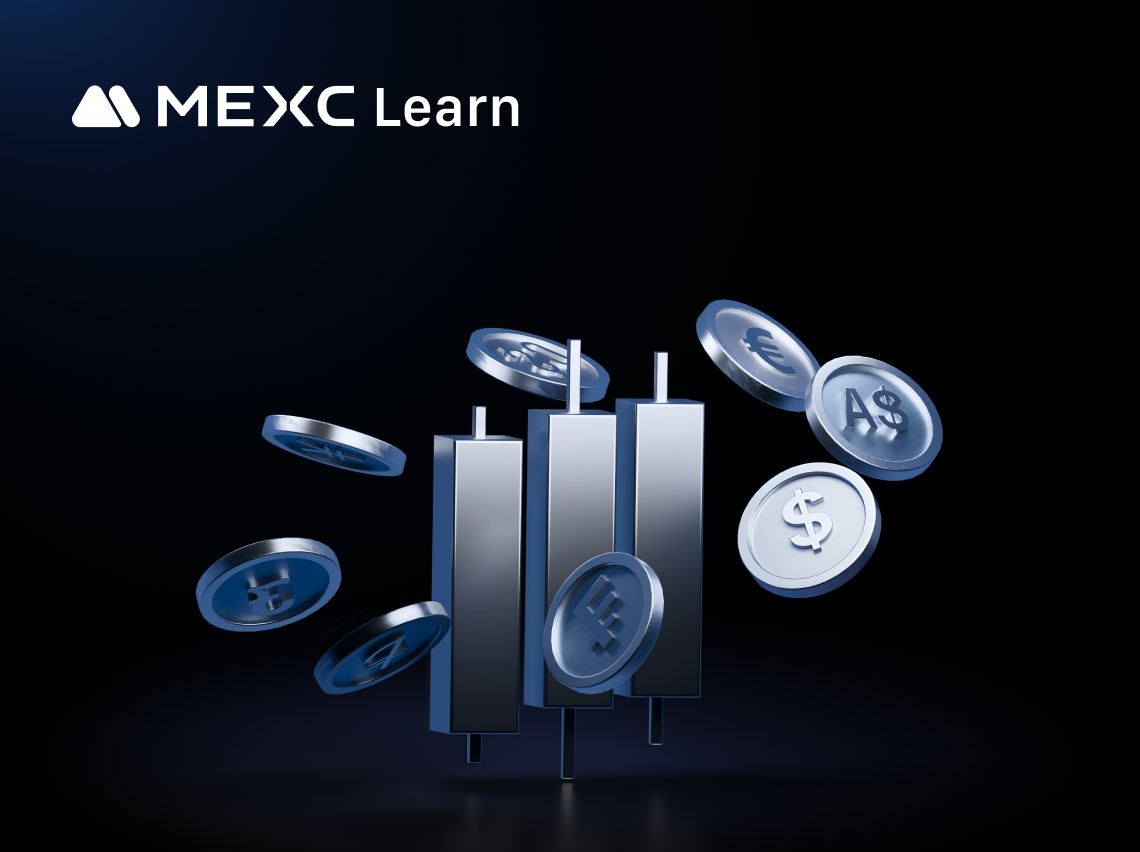
HYPE Surge Explained: 5 Core Drivers Behind the 380% Rally
Key Takeaways HYPE token employs a unique 97% protocol fee buyback and burn mechanism, accumulating over $1 billion in repurchases to date Hyperliquid decentralized perpetual exchange dominates 73%

What Is Tesla (TSLA)?
Tesla (TSLA) is one of the most widely followed US stocks because it blends multiple narratives into one ticker: electric vehicles, batteries, energy storage, software, and manufacturing scale. If
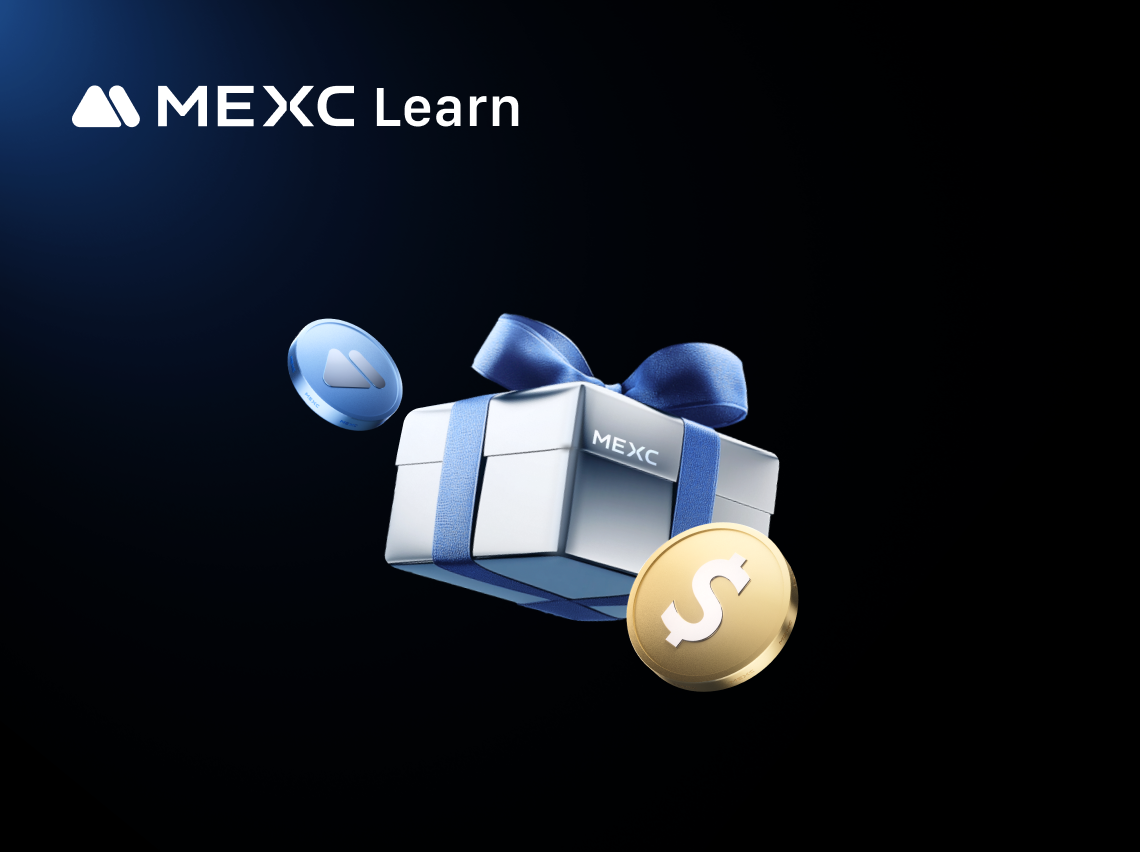
Understanding GH/s: Your Essential Guide to Mining Hash Rate Metrics
What is GH/s? Core Fundamentals of Mining Power Measurement GH/s, or gigahashes per second, represents a fundamental metric in cryptocurrency mining, quantifying a miner's ability to perform one
Trending News
View More
Lighter DEX makes staking mandatory for everyone
The post Lighter DEX makes staking mandatory for everyone appeared on BitcoinEthereumNews.com. Lighter, a decentralized exchange platform, has introduced a new

Gate presents its annual awards to recognize its global partners and their contributions to content and community.
PANews reported on January 15th that digital asset trading platform Gate.io announced its annual awards, recognizing partners and participants within its global

Beyond the Flat Screen: How Flexible LED Display Technology is Reshaping Commercial Architecture
Flexible LED screens (also known as soft modules) are display solutions capable of bending, folding, and winding. Unlike traditional rigid cabinets, these screens

The South Korean National Assembly has passed two legislative amendments to regulate security tokens.
PANews reported on January 15 that, according to Digital Asset, the South Korean National Assembly has passed amendments to the Capital Markets Act and the Electronic
Related Articles

What Is Launchpool?
MEXC Launchpool is an event platform that enables users to earn airdrops of popular or newly listed tokens by staking designated tokens. Staked tokens remain redeemable at any time, and users receive

How to Manage Sub-Accounts
1. What is a Sub-AccountUnder your MEXC account, you can set up multiple sub-accounts to assist you in your daily trading activities. For example, you can use one sub-account for spot trading and anot

A Must-Read Before Trading Futures: Key Terms Explained
For many investors, futures trading is a field full of opportunities but also significant challenges. Compared to spot trading, it involves more specialized terminology and complex mechanisms. When yo

Quick Guide to Futures Information Terminology and Trade Futures with Confidence
When you open the MEXC Futures trading interface, what greets you isn't just the dynamic candlestick chart, but also rows of constantly changing data and professional terms: Index Price, Fair Price, F
